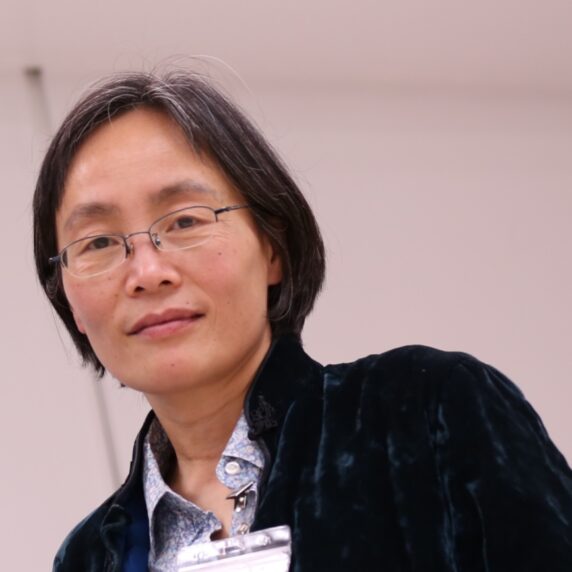


Winning the 2022 Guggenheim Fellowship is helping Yanqin Wu, a professor of theoretical astrophysics in the David A. Dunlap department of astronomy and astrophysics, advance her research exploring how planets form around stars.
“As astronomers, we like to understand how everything in the universe comes about and for me my main interest is in understanding how planets come about, the origin of planets,”
Dr. Wu’s work focuses on protoplanetary disks – disks of gas and dust that that surround young, newly formed stars. She is currently investigating an aspect referred to as segmented disks.
Throughout her career, Dr. Wu has studied planets within and beyond our solar system. She uses data from the Kepler planet-hunting space telescope and other observing programs to examine their structure, movements and formation.
“We are basing our theories on data from the biggest telescopes and biggest observatories in the world,” she says. “For example, we used a lot of data from space missions.”
Dr. Wu says the benefits of astronomy are often overlooked or misunderstood. “First and foremost is that we are human, so we are interested in the world; we have native curiosity,” she says.
“And if we don’t pursue our curiosity, we are a rather boring species.”